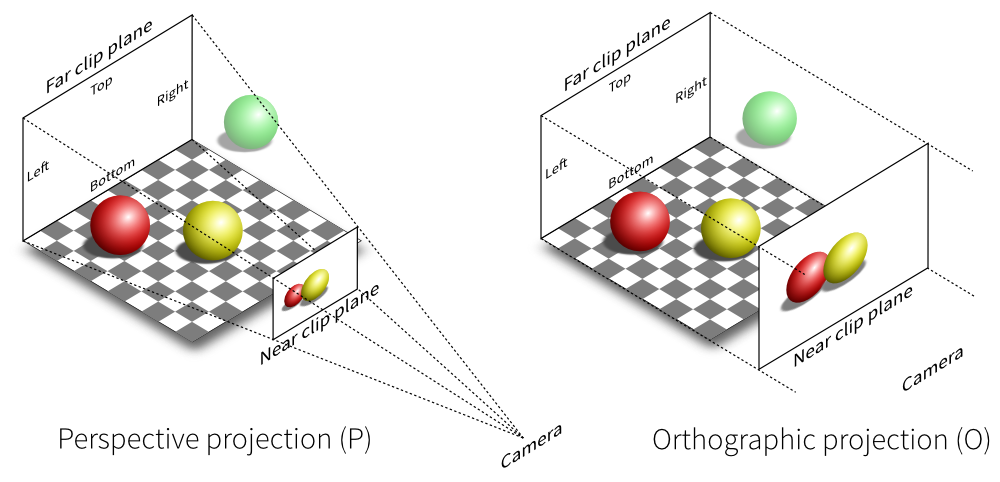1
2
3
4
5
6
7
8
9
10
11
12
13
14
15
16
17
18
19
20
21
22
23
24
25
26
27
28
29
30
31
32
33
34
35
36
37
38
39
40
41
42
43
44
45
46
47
48
49
50
51
52
53
54
55
56
57
58
59
60
61
62
63
64
65
66
67
68
69
70
71
72
73
74
75
76
77
78
79
80
81
82
83
84
85
86
87
88
89
90
91
92
93
94
95
96
97
98
99
100
101
102
103
104
105
106
107
108
109
110
111
112
113
114
115
116
117
118
119
120
121
122
123
124
125
126
127
128
129
130
131
132
133
134
135
136
137
138
139
140
141
142
143
144
145
146
147
148
149
150
151
152
153
154
155
156
157
158
159
160
161
| #include <bits/stdc++.h>
template<class T, size_t size>
struct MemoryPool {
T buf[size], *tail, *st[size];
int top;
MemoryPool() : top(0), tail(buf) {}
inline T *alloc() { return top ? st[--top] : tail++; }
inline void recycle(T *p) { st[top++] = p; }
};
#define null NULL
using std::cout;
const int MAXN = 1000000;
template <typename T, T INF>
struct Splay {
enum Relation { L = 0, R = 1 };
struct Node {
Node *child[2], *parent, **root;
T value;
int size, count;
inline void init(Node *parent, const T &value, Node **root) { this->parent = parent, this->value = value, this->root = root, this->count = 1, child[L] = child[R] = null; }
inline void recycle(MemoryPool<Node, MAXN> &pool) {
if (child[L]) pool.recycle(child[L]);
if (child[R]) pool.recycle(child[R]);
}
inline Relation relation() { return this == parent->child[L] ? L : R; }
inline void maintain() { size = (child[L] ? child[L]->size : 0) + (child[R] ? child[R]->size : 0) + count; }
inline void rotate() {
Relation x = relation();
Node *oldParent = parent;
if (oldParent->parent) oldParent->parent->child[oldParent->relation()] = this;
parent = oldParent->parent, oldParent->child[x] = child[x ^ 1];
if (child[x ^ 1]) child[x ^ 1]->parent = oldParent;
child[x ^ 1] = oldParent, oldParent->parent = this, oldParent->maintain(), maintain();
if (!parent) *root = this;
}
inline void splay(Node *targetParent = null) {
while (parent != targetParent) {
if (parent->parent == targetParent) rotate();
else if (parent->relation() == relation()) parent->rotate(), rotate();
else rotate(), rotate();
}
}
inline Node *precursor() {
splay();
Node *v = child[L];
while (v->child[R]) v = v->child[R];
return v;
}
inline Node *successor() {
splay();
Node *v = child[R];
while (v->child[L]) v = v->child[L];
return v;
}
inline int rank() { return !child[L] ? 0 : child[L]->size; }
} *root;
MemoryPool<struct Node, MAXN> pool;
Splay() : root(null) { insert(INF), insert(-INF); }
inline Node *find(const T &value) {
Node *v = root;
while (v && value != v->value) v = (value < v->value ? v->child[L] : v->child[R]);
return !v ? null : (v->splay(), v);
}
inline Node *insert(const T &value) {
Node *v = find(value);
if (v) return v->count++, v->maintain(), v;
Node **target = &root, *parent = NULL;
while (*target) parent = *target, parent->size++, target = (value < parent->value ? &parent->child[L] : &parent->child[R]);
return *target = pool.alloc(), (*target)->init(parent, value, &root), (*target)->splay(), root;
}
inline void erase(const T &value) { erase(find(value)); }
inline void erase(Node *v) {
if (v->count != 1) return v->splay(), v->count--, v->maintain();
Node *precursor = v->precursor(), *successor = v->successor();
precursor->splay(), successor->splay(precursor), successor->child[L]->recycle(pool);
pool.recycle(successor->child[L]),successor->child[L] = null, successor->maintain(), precursor->maintain();
}
inline int rank(const T &value) {
Node *v = find(value);
if (v) return v->rank();
else {
v = insert(value);
register int ans = v->rank();
return erase(v), ans;
}
}
inline Node *select(int k) {
k++;
Node *v = root;
while (!(v->rank() < k && v->rank() + v->count >= k)) v = (k <= v->rank() ? v->child[L] : (k -= v->rank() + v->count, v->child[R]));
return v->splay(), v;
}
inline const T &precursor(const T &value) {
Node *v = find(value);
if (v) return v->precursor()->value;
else {
v = insert(value);
const T &ans = v->precursor()->value;
return erase(v), ans;
}
}
inline const T &successor(const T &value) {
Node *v = find(value);
if (v) return v->successor()->value;
else {
v = insert(value);
const T &ans = v->successor()->value;
return erase(v), ans;
}
}
};
Splay<int, INT_MAX> tree;
const int INF = INT_MAX;
inline char read() {
static char buf[100000], *p1 = buf, *p2 = buf;
if (p1 == p2) {
p2 = (p1 = buf) + fread(buf, 1, 100000, stdin);
if (p1 == p2) return EOF;
}
return *p1++;
}
inline void read(int &x) {
static char c; c = read(); int b = 1;
for (x = 0; !isdigit(c); c = read()) if (c == '-') b = -b;
for (; isdigit(c); x = (x << 1) + (x << 3) + (c ^ '0'), c = read()); x *= b;
}
Splay<int, INT_MAX> splay;
int n;
int main() {
#ifndef ONLINE_JUDGE
freopen("in.in", "r", stdin);
#endif
read(n);
while (n--) {
int ctrl, x, result;
read(ctrl), read(x);
switch(ctrl) {
case 0:
splay.insert(x);
break;
case 1:
splay.erase(x);
break;
case 2:
std::cout << splay.select(x)->value << "\n";
break;
case 3:
std::cout << splay.rank(x) - 1 << "\n";
break;
case 4:
result = splay.precursor(x);
std::cout<<(result == -INF ? -1 : result) << "\n";
break;
case 5:
result = splay.successor(x);
std::cout<<(result == INF ? -1 : result) << "\n";
break;
}
}
return 0;
}
|



